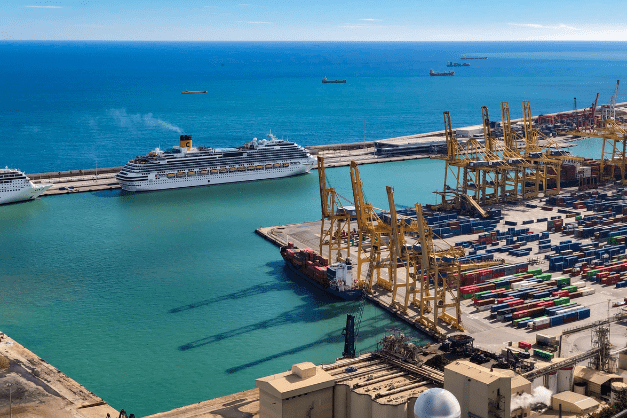Labor woes have consistently hounded the logistics industry as of mid-2022. Workers across ports have been demanding revisions of contracts, better rates, more holidays, and improved working conditions. These labor negotiations can mean significant delays and concerns about the market reaching a standstill for retailers, manufacturers, suppliers, and shippers. In December 2022, it was the rail union workers. Now in February 2023, it’s the West Coast port workers. In fact, long-stalled West Coast port labor talks are showing no signs of progress, extending uncertainty for US retailers who rely on the coast to import goods from Asia.
Shipping industry and Biden administration officials had hoped the talks, which began in May, would conclude last fall. But, people familiar with the negotiations say the parties haven’t made progress since the summer on regional issues that are delaying discussion of major contract provisions, including wages and automation.
The talks cover more than 22,000 dockworkers at 29 ports stretching from California to Washington state. Dockworkers have been working without a contract since the last multi year agreement expired on July 1, 2022, and the sides couldn’t agree on an extension. Some importers have been diverting furniture, clothes, and electronics to East Coast and Gulf Coast ports in case the labor talks break down and lead to work disruptions or a strike.
Officials at the nation’s busiest container-handling ports of Los Angeles and Long Beach say the diversions contributed to double-digit declines in import volumes toward the end of last year. The Pacific Merchant Shipping Association said in a recent report that the ports recorded their lowest import volumes for any November in a decade. There has been little impact on cargo operations at the ports during the contract talks beyond sporadic work disruptions at container terminals in Los Angeles and in Washington.
People familiar with the talks say the sides are hung up on issues related to working in Seattle. The International Longshore and Warehouse Union, which represents dockworkers, and the International Association of Machinists and Aerospace Workers are arguing over which of the two unions should be assigned certain jobs at a recently-opened cargo-handling facility there.
Key Takeaways
People familiar with the talks said the impasse has prevented the sides from moving onto thorny issues, including the use of automated machinery on the docks and wage increases. While these talks are ongoing, meanwhile, retailers and manufacturers need to figure out possible solutions to probable delays and disruptions in their supply chains.
The uncertainty about the contract is probably pushing all parties on edge. Retailers usually start setting plans in the first quarter for importing goods during the summer and fall peak shipping season. Many retailers, therefore, will likely plan to continue diverting goods to Gulf Coast and East Coast ports until they can be sure an agreement can be reached on the West Coast.
Want to stay up-to-date on the latest logistics news? Subscribe to the Manifest newsletter to get industry updates, insights, and Logixboard announcements delivered straight to your inbox every week.




